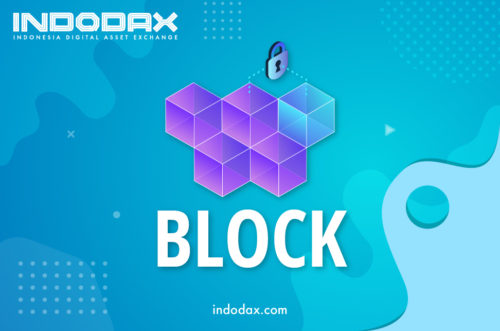Block is a collection of transaction data that forms the basic elements of a crypto asset such as Bitcoin. When a Bitcoin transaction occurs, information related to the transaction is collected and when the data reaches a predetermined size, it is combined with other Bitcoin transactions and then compiled into a single block.
The blocks will be processed by the miners and verified for accuracy. When a transaction goes to the block and is verified, that’s when the Bitcoin transaction gets 1 confirmation.
Blocks can also be referred to as data structures in blockchain databases, where transaction data in the cryptocurrency blockchain is permanently recorded. A block records some or all of the most recent transactions that have not been validated by the network. After the data is validated, the block is closed. Then, a new block is created for the new transaction to be entered and validated.
Thus, a block is a permanent storage of records which, once written, cannot be changed or deleted.
The blockchain network is witnessing a lot of transaction activity. When used in cryptocurrencies, maintaining a record of these transactions helps the system keep track of how much was used or not and which parties were involved.
Transactions made during a certain period are recorded into files called blocks, which are the basis of the blockchain network.





